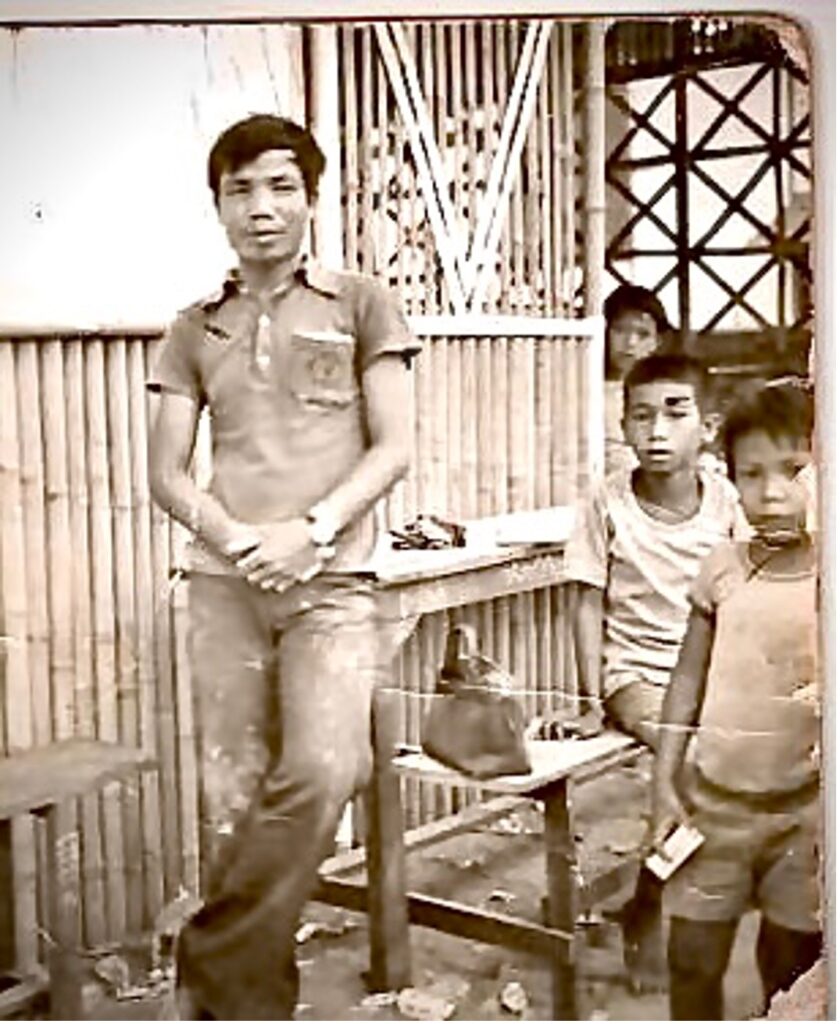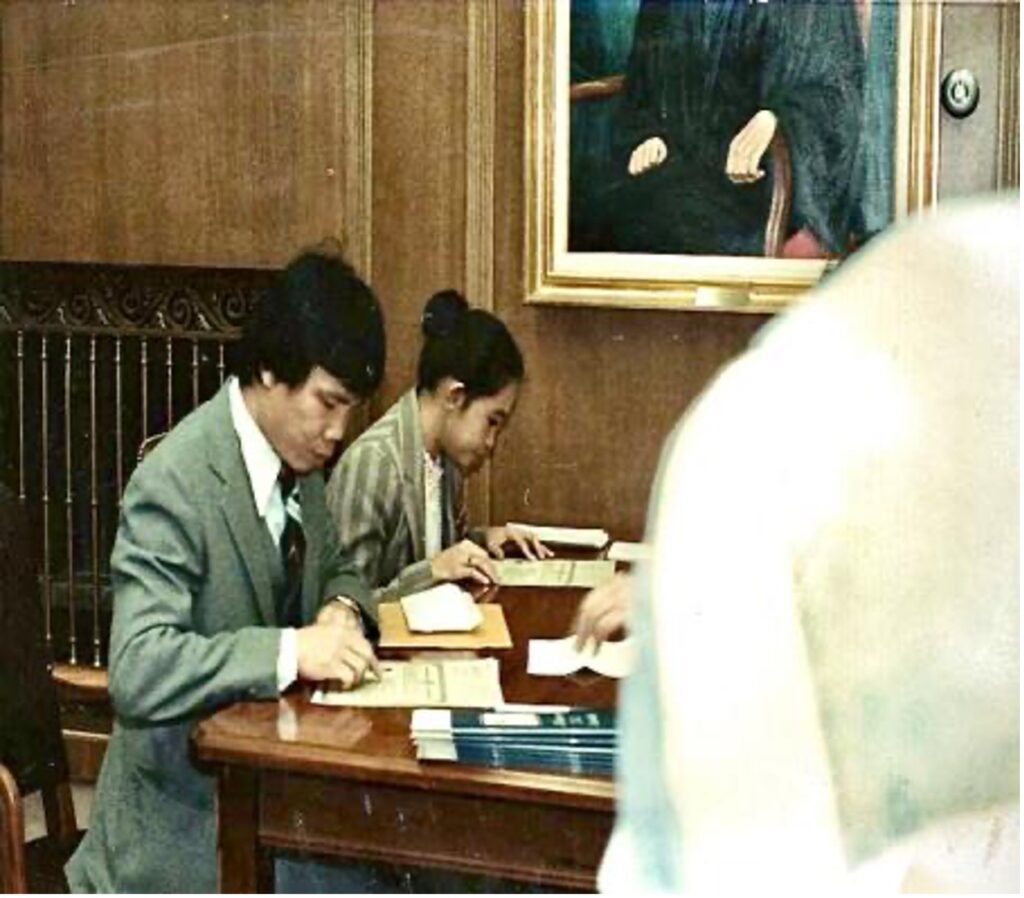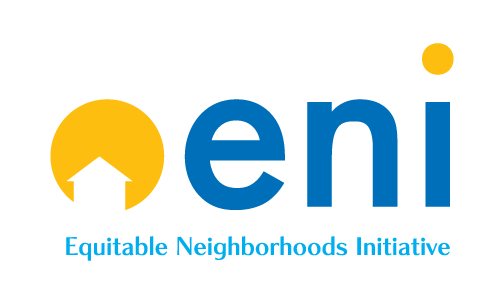August 17, 2022
– By Khiaw Srihanouvong –
For those born and raised in America, the English language comes a lot easier than it does for those who must learn it as a second language. Even though America has no official language, almost everything is made for English speakers. Signs, newspapers, and flyers often share important resources. But if you can’t read English, you don’t get access to the same opportunities. While the English language is the most widely used, it’s also one of the most difficult languages to learn.
I came to America when I was a young boy between four and five years old. Going to school was still a little difficult because I did not speak or understand English at all. The American-born students I went to school with had a strong English vocabulary before they even entered school. We were the same age, but they already had a huge advantage in learning. Even though we took the same classes and received the same education, we did not have equal opportunities to learn. We couldn’t take advantage of our education in the same way.

I had extra help at school and home. I still remember tutors coming over to our homes and volunteering their time to help. At that time, we didn’t have access to computers or the internet, so we went to the library. To read anything, we had to get a library card and sign out books. The books were in English, so only those of us who could read English could benefit the most. My favorite book when I was a child and still as an adult is the dictionary.
With today’s technology, you can have an English teacher in the palm of your hand. That is a huge advantage. Still, that technology isn’t always available for everyone. You still must understand how to use it. Many immigrants from the older generation are uncomfortable with technology and still need guidance. It doesn’t matter how cool an app is or how innovative new technology is if it’s not helping the people who need it most.
I have recently noticed that some organizations have interpreters for most languages. Access to this kind of resource is very important. There are some English as a Second Language (ESL) classes, but they are not readily available to all. The older generations are unable to comprehend the massive amount of information in the classes. They also often cannot get access to transportation to attend class. They prefer the convenience of having someone who can translate with them or guide them.
Even the younger generation that has come to America has a tough time learning English. Just like the older generation, they can get overwhelmed with the overload of information that is presented to them in ESL classes. When anyone is exposed to new environments that are completely different from where they grew up, it can be overwhelming. Many people start learning the English language with no background.
I am often the person who helps guide Lao and Thai community members who cannot speak or read English. The members of my community are grateful for any help, but we could improve our community more if we had more resources.


How can we help create equity with language?
After working with the Lao and Thai communities, I would like to see that they have the resources and information on how to get the help they need. There might be resources, but if people do not know about them or how to use them, they will go unused. Many of the community members are missing out on the benefits and the care that everyone deserves. One possibility that would be a good resource is a translated book of telephone numbers that direct people to the right contacts. Because even if you are given all the resources in the world, they won’t be helpful if you can’t read them.
Another resource that can help people with language barriers would be transportation. Again, it doesn’t matter how many resources are out there if people can’t access them. Look for funding sources that could help provide transportation.
Providing resources specific to everyone’s needs is important to create equity. Equity goes a step further than equality. Equality means providing the same resources or opportunities to everyone. Equity recognizes that we all have different needs and circumstances. Equity gives people exactly what they need to create an equal outcome. By providing extra resources for people with language barriers, we start to move towards equitable outcomes.


